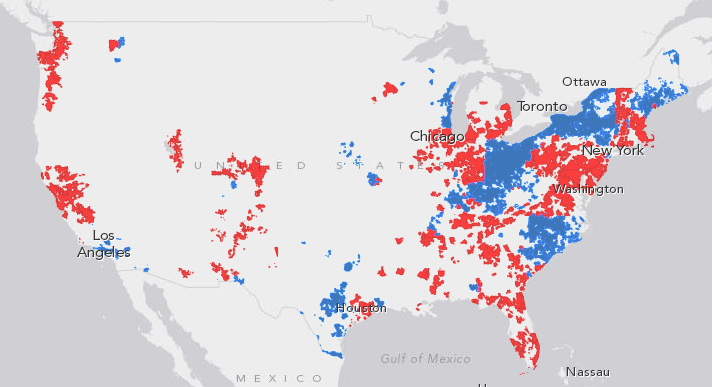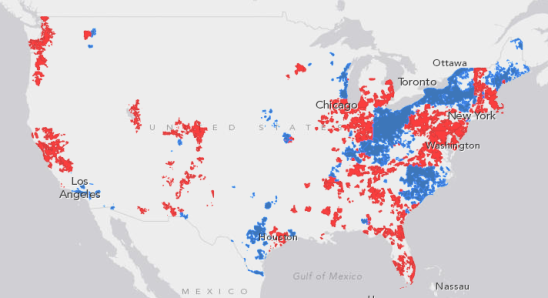
The debate over “net neutrality” just makes me angry. The purpose of net neutrality is to force internet service providers to carry all content equally. The ISPs — really mostly cable companies — would like to dump net neutrality so they can charge special rates for certain content such as streaming video. This would allow them to offer “high-speed lanes” to services like NetFlix and Amazon Instant Video. As their opponents like to point out, however, dumping net neutrality would also effectively allow them to degrade less favored content, which would give cable companies a lot of control and allow them to discriminate against certain content providers.
The economic argument against net neutrality is the argument in favor of free markets: The cable companies should be able to provide whatever level of service they want to any content they want, as long as they can get customers to pay. This would tend to solve the problem of discrimination because while some content providers would pay more for higher quality service, the cable companies would still have to carry all content at reasonable speeds, otherwise they would lose customers. Competition for viewing households will keep them in line.
Except it won’t.
That’s because, by and large, the cable companies do not compete with each other. Here, for example, is a map of the service areas for Comcast and Time Warner Cable, the two largest cable companies (courtesy of Lance Ulanoff at Mashable):
You’ll see that Comcast is red and TWC is blue. What you won’t see, however, is any purple, because for the most part, Comcast and TWC do not directly compete for viewers. (There are other cable companies, but they don’t compete against Comcast and TWC either.) No cable company controls the whole national market, but customers don’t care about the whole market, they care only about the cable service available in their home. And for most individual homes there is only one available cable company. That means that my free market solution won’t work: Competition won’t keep ISPs in line because there is no competition.
That’s why the net neutrality argument pisses me off: It wouldn’t even be an issue if the cable companies weren’t local monopolies, yet almost nobody is talking about that.
Undoubtedly there are some areas which are served by only one cable company because they don’t have the customer base to support more than one, but in most cases the reason only one cable service is available is because the local government doesn’t let any competitors provide service. The cable companies have somehow managed to get local regulators to give them a monopoly. And almost nobody is talking about that either.
If cable companies faced real competition, they wouldn’t be able to degrade service for some content because customers wouldn’t stand for it. They’d have to provide high speed service for everything, and probably a lot faster than they’re providing now. They’d also have to provide web sites that are actually useful, service technicians who are motivated to solve problems, and customer service offices that don’t make you feel like an intruder.
I wish we could stop arguing about “net neutrality,” which only fixes part of the problem (at the cost of further interfering with the free market) and begin talking about the real problem, which is the local cable monopolies. Perhaps the best approach would be to only relax the requirement for net neutrality in areas where there is strong broadband internet competition — at least four or five competing providers.
The problem with that idea is that under any regulatory system, the cable companies will probably get the government to define “competition” so broadly that it’s meaningless. Don’t believe me? Then go to the official National Broadband Map website and get a list of all the supposed cable providers for your home address. Check the result against the services actually available from the listed companies. Do they all provide speeds as high as in the official listing? Are some of them exotic business-quality services that are far more expensive than the cable company? Heck, how many of them are not landlines at all — just cell-phone providers with internet-capable towers in your neighborhood?
Have I mentioned that this really pisses me off?


Leave a Reply